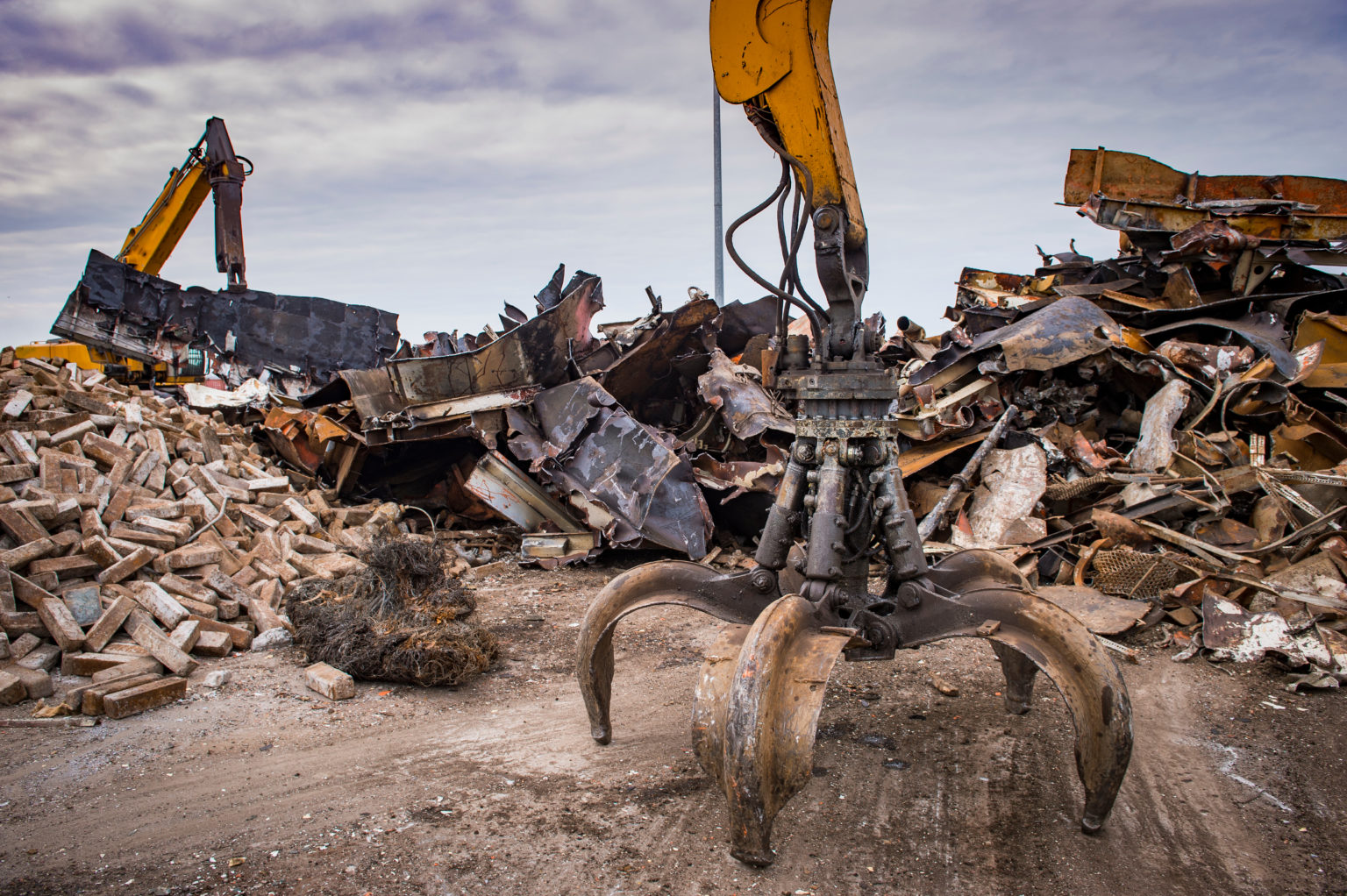Australia’s scrap metal recycling economy is dynamic, seasonal, and surprising. Even though metal can be recycled several times without losing its valuable qualities, scrap metal prices fluctuate more than you might expect.
So if you’re thinking about selling scrap steel, electronics or machinery, it pays to know what impacts scrap metal prices in Australia.
- Quantity and quality
The first two questions a scrap metal recycler will ask are:
- What do you have?
- How much of it?
Although quantity and quality are not the biggest single factors affecting scrap steel prices, they will determine a baseline for the deal.
High-quality materials in high volumes should attract a higher price. As a rule of thumb, stockpiles of iron, copper, precious metals found in electronics and other valuable metals could yield a nice payday.
Of course, it depends on what’s in demand at the moment (more on that in a minute).
- Supply and demand
Every industry works on supply and demand. When demand outpaces supply, prices rise, and the opposite when there’s a scrap metal surplus.
Some metals like construction steel and copper will always be in demand in Australia. But growth in the tech sector and rapid urbanisation are sending strong demand signals for all kinds of metals.
Seasonal trends
Long term, demand for recycled metal is rising. However, seasonal stimuli can cause scrap metal prices to suddenly spike or dip. For example, increased construction activity in the summer months will usually cause prices to climb, even in a quiet year.
- Local activity
Full-service scrap metal recyclers like CD Dodd always pay competitively for high-quality material. That means we need to keep a close eye on the local competition.
Scrap metal recycling for the mining industry
Mining is undoubtedly one of the biggest consumers (and producers) of recycled metal. So when the sector gets busy building new mines and expanding existing operations, demand for recycled steel goes up and prices along with it.
- Global markets
From pandemics to blocked canals, all kinds of international events impact local scrap steel prices:
- Supply chain disruption
- Border closures and delays
- Import prices in other countries
- Free-trade agreements
- Political and environmental unrest
- Natural disasters
When importing steel gets more challenging or expensive, demand for recycled Australian steel rises.
When export destinations like China and India hit the economic accelerator, demand for recycled Australian steel rises.
When local production in other countries can’t keep up with demand – you guessed it, demand for recycled Australian steel rises.
- Location and logistics
Rising fuel prices and regional border closures present a challenge for every local industry.
CD Dodd covers all of Western Australia; however, the logistics of getting your metal back to Forrestfield will impact scrap metal prices.
You can rest assured that our logistics network is the strongest in the state, servicing regional communities, remote mine sites and local businesses.
Want to know what’s impacting scrap metal prices at the moment? Join our Facebook community for regular updates or contact CD Dodd to discuss your scrap metal recycling requirements.
